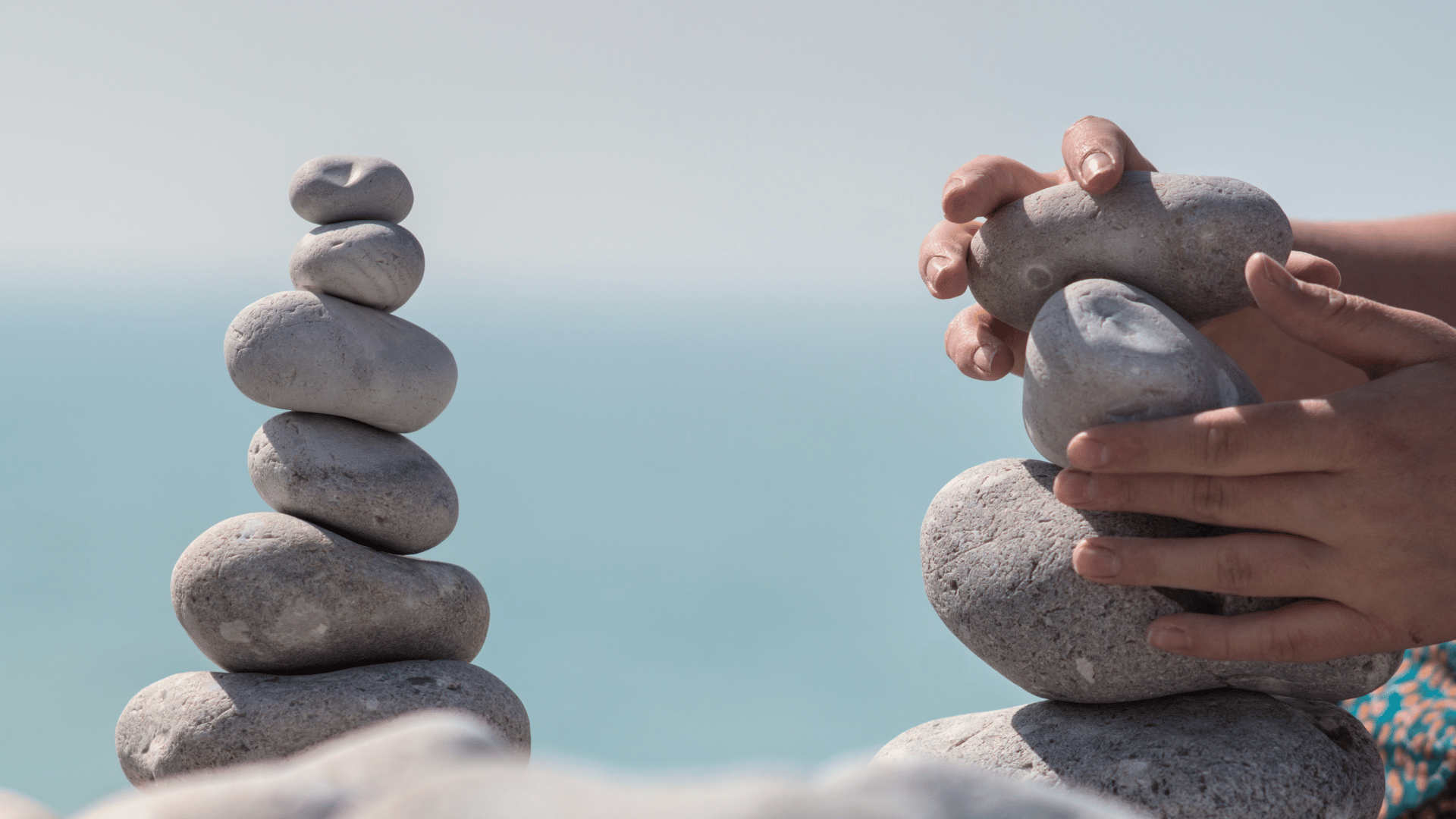The Ancient Greek philosopher Theophrastus once said that “time is the most valuable thing a man can spend.” As the covid-19 pandemic forces us all to stay indoors for weeks, we’ve found ourselves with a lot of free time on our hands – and an immense pressure to spend it wisely.
Under normal circumstances, our society already tends to be pretty obsessed with productivity. Now that the whole world is standing still, this drive to be productive can get even more overwhelming, to the point of becoming unhealthy.
The urge to be productive
When I see social media posts that push people to be productive during self-isolation, I’m reminded of what my mother used to say on rainy days: “staying indoors is no excuse to turn into a zombie. There are plenty of fun, useful things to do inside the house!”
In a way, it feels like everyone is treating the pandemic as a very long, very strange rainy day. Social media is full of people sharing “fun, useful things” to do indoors, whether it’s baking your own bread or making dalgona coffee.
Popular new hobbies include making dalgona coffee and baking bread.
As long as you’re having fun, there’s nothing wrong with wanting to find new, productive hobbies. The problem arises when it begins to feel like an obligation; when we feel guilty or ashamed for not being productive enough.
An unprecedented event
The truth is that the rainy day analogy is that it only works to a certain extent. When it comes down to it, there’s no denying that we’re living through an extraordinary event: we can’t expect or ask ourselves to react to it in ordinary ways.
According to several mental health experts, the covid-19 pandemic qualifies as a traumatic event. When we experience trauma, it’s natural to be afraid, anxious, to have trouble concentrating or sleeping, to become more irritable or sensitive. If you have preexisting mental health conditions, don’t be surprised to see that your symptoms have worsened: trauma tends to do that, too.
We may be physically stuck inside our homes, but we’re also stuck inside a stressful mental environment in which we’re constantly bombarded with ominous news about disease outbreaks, death tolls, and government conspiracy theories.
On top of this, the pandemic has also thrown a wrench into our plans for the future. This can go from learning that the concert we were waiting for all year has been cancelled, to fearing that we may have to postpone our wedding.
Between our frustration over self-isolation and our worries about the future, our brains are dealing with a lot right now. So if you don’t feel super motivated to bake your own bread or start an online yoga course, don’t beat yourself up: that’s very, very normal.
A need for control
On the other hand, our urge to be productive may also come from a feeling of powerlessness. For most of us, the best thing we can do to slow down the pandemic is to stay home. And despite what experts tell us, that doesn’t feel like a very active way to fight; sometimes, it may even feel dangerously close to doing nothing.
As someone who is not an essential worker, I’m constantly in awe of doctors, nurses, truck drivers, cashiers, and everyone else who helps keep society afloat. Whenever I try to spend a lazy Sunday morning in bed, it’s like there’s a voice telling me, “how can you be so useless when they’re putting their lives on the line?” Then I feel compelled to get up and do something, even if it’s just cleaning my apartment or baking batch after batch of cookies.
Rationally, I know that’s not the answer. Putting ourselves down for being “useless” isn’t going to slow down the pandemic. Ultimately, it’ll just make us exhausted and destroy our self-esteem.
It’s important not to dwell on what we can’t do, and focus instead on doing our best at what we can.
We can find ways to enjoy spring indoors and make the best of a bad situation. We can keep in touch with our loved ones and give each other strength. If we have the time and energy, we can volunteer for those of us who are vulnerable or sick. But before any of that, we can take care of ourselves, show self-compassion, and give ourselves a break for dealing with this in our own time.
Need to get something off your chest?
Book a free phone or Skype vent session today.




